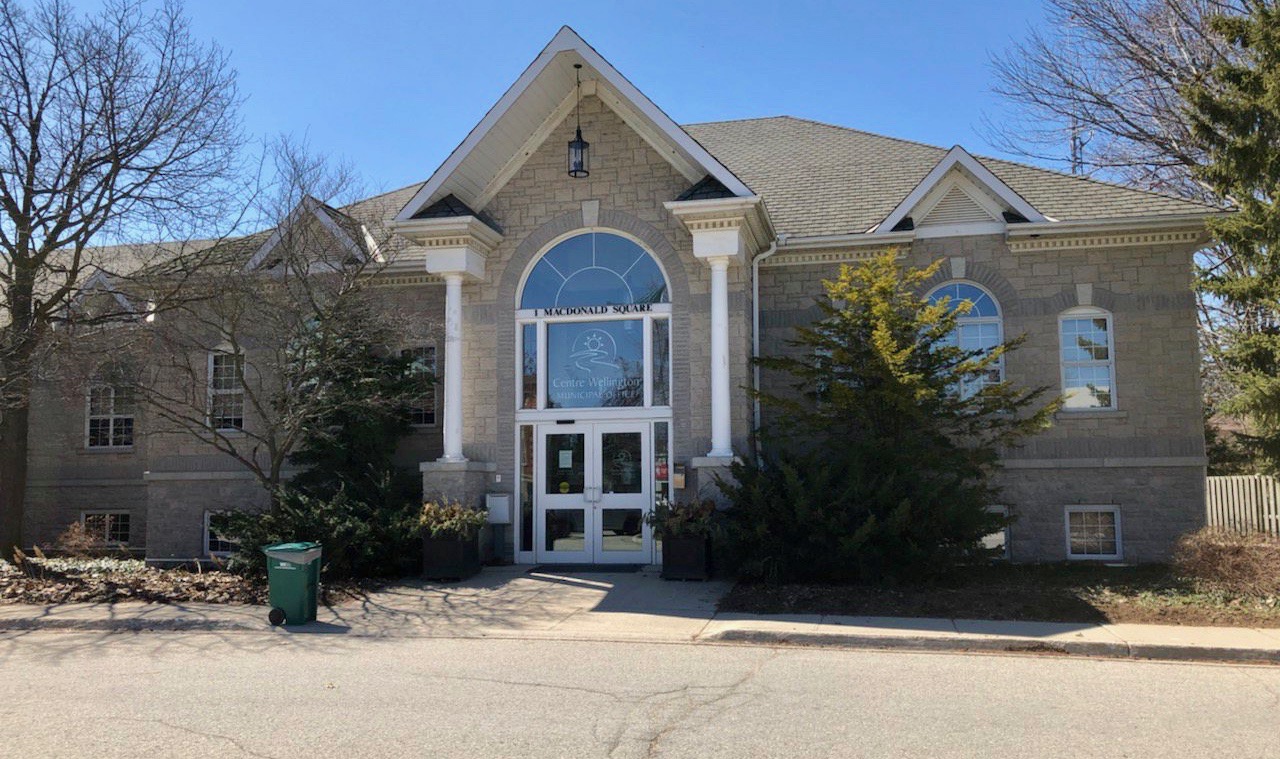ELORA – Centre Wellington Township has the beginning of a plan for termites.
Staff presented a report to council on Sept. 16, explaining they have reached out to two termite control providers licensed to use Sentricon, a relatively new product only recently authorized for use in Canada.
Staff have engaged pest control providers Orkin and Aetna and are proposing a program where the township subsidizes the cost of exterior treatment to homes in the red and blue zones.
The one-time subsidy would cover 85 per cent of the cost to a maximum of $2,500 per property. Both companies have agreed to provide discounts, but homeowners must sign on to a five-year program.
Only homes in the red (active termites) and blue (buffer) zones identified in a 2020-21 termite survey will qualify, although staff anticipate there may be more homes affected with the passage of time and possible termite migration. They expect an additional 50 homes may qualify.
The township will facilitate discussion between homeowners and the termite control firms and will issue the subsidies once proof of application is provided.
“Property owners will be responsible for any non-subsidized portion of the initial exterior treatment, the yearly maintenance costs, and any additional treatments necessary for mitigation inside of any dwellings or out-buildings,” states the report from township treasurer Adam McNabb.
He emphasized the township does not want to get into the termite eradication business and would remain at arm’s length once the policy and procedures are firmed up.
The companies will be responsible for engaging with residents. They will sign contracts with the property owners and not the township. And they must provide education to residents and be available to answer questions.
Sentricon requires installing bait stations around the perimeter of the property and injecting the substance into concrete or asphalt surfaces and foundation walls.
“It is also important to understand that once installed, stations using the Sentricon product must be inspected annually and the property owner must make annual subscription payments to support the ongoing monitoring, inspection, permanent station movement, temporary station removal, and station cartridge replacements,” McNabb stated.
It is a five-year program.
McNabb said the township needs at least 60% of the affected homes to sign up in order for the program to be effective.
Maria Greco-O’Neil, who started the Elora/Fergus Termite Action Group, delegated to council on the plan.
“The subsidy is a great start but it’s not enough,” she said. “We need incentives; we need to remove barriers.”
The township also has property in the termite zone and should be diligent about removing dead wood from public parks, she said.
Fergus resident Randy Vaine also delegated on the matter.
He suggested there needs to be a better system for removing dead wood to ensure proper disposal, so termites are not moved from one wood pile to the next.
“Residents will need to be informed. This is very much left up to the individual,” he said.
Councillors were more interested in knowing when such a plan could begin.
Councillor Kim Jefferson noted there’s not much time left in 2024 when treatment could begin.
“I understand the frustration of residents,” she said. “This is mid-September and people have been waiting already. We need to be cognizant of the timing.”
Mayor Shawn Watters said, “The reason we brought this forward was to let people know where we’re at.
“We don’t have all the answers yet … We’re just trying to get something started.”
With council’s stamp of approval, staff will further develop the subsidy program, sign agreements with Orkin Canada and Aetna Pest Control, and return with a formalized program at a future council meeting




